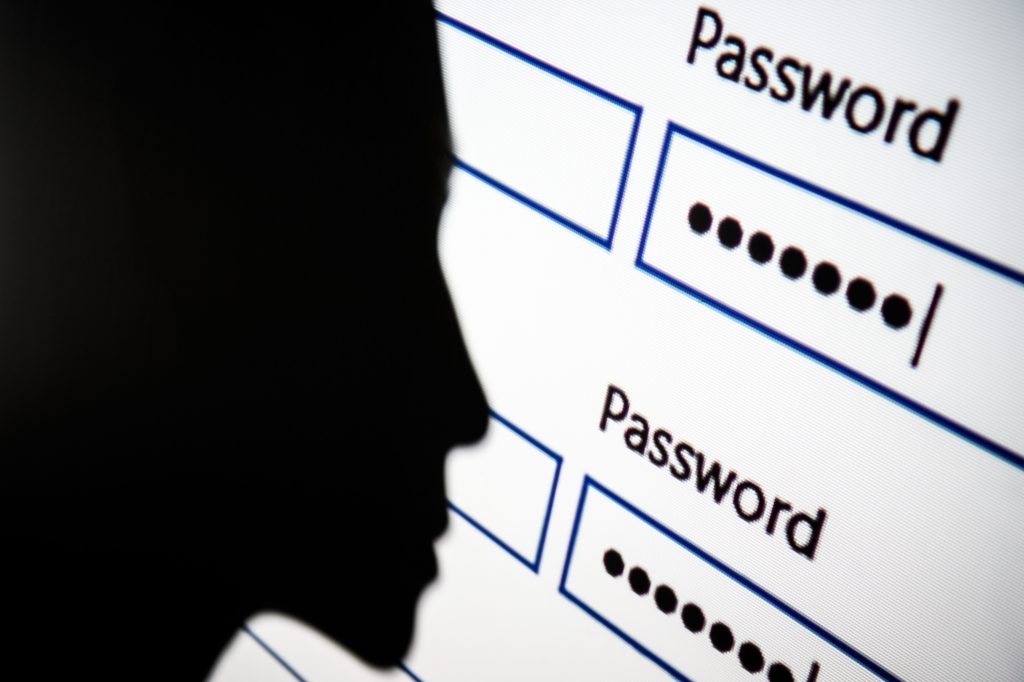The Public Company Accounting Oversight Board (PCAOB) recently issued a Spotlight on “Auditor Responsibilities for Detecting, Evaluating, and Making Communications About Illegal Acts.” The Spotlight asks auditors to focus on relevant considerations when performing procedures to detect, evaluate, and make communications about illegal acts by a company under audit.
Federal
Register for free to keep reading
To continue reading this article and unlock full access to GRIP, register now. You’ll enjoy free access to all content until our subscription service launches in early 2026.
- Unlimited access to industry insights
- Stay on top of key rules and regulatory changes with our Rules Navigator
- Ad-free experience with no distractions
- Regular podcasts from trusted external experts
- Fresh compliance and regulatory content every day












